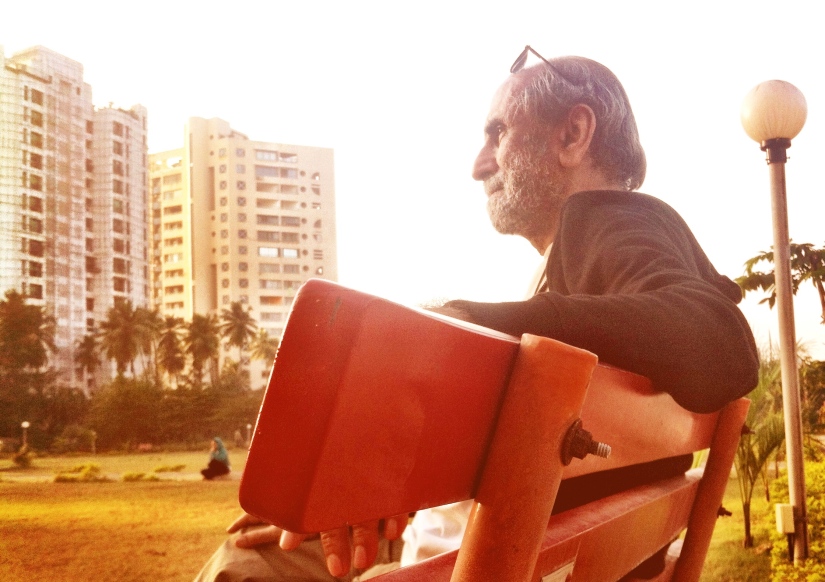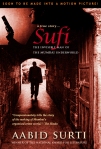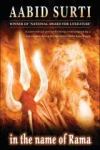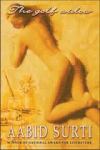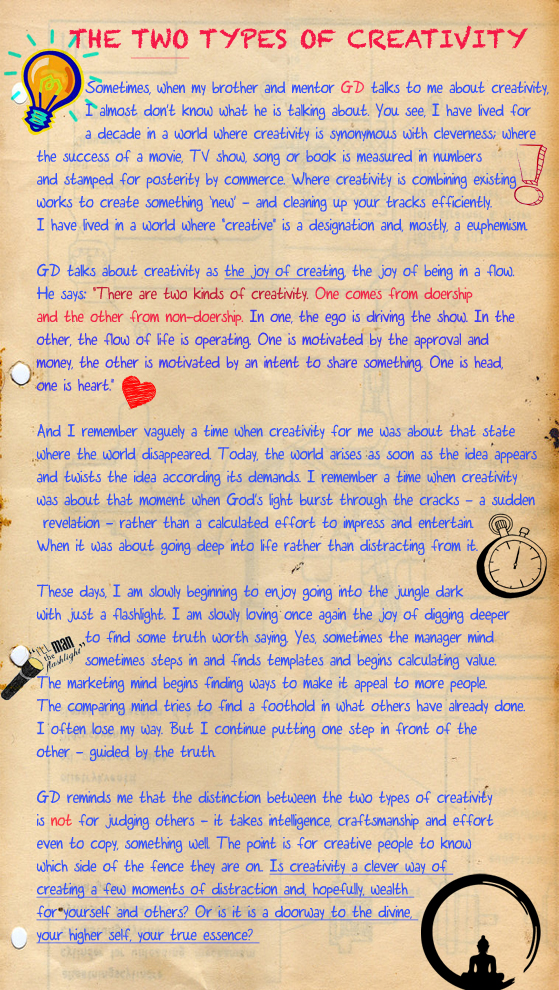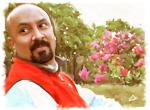Bill Watterson, I find, is a rare human being. He created the modern classic ‘Calvin & Hobbes‘ but fought bitterly against licensing and merchandising his characters, sacrificing millions of dollars. He changed the way syndicated cartoons are published in newspapers but stayed away from the media spotlight himself. When ‘Calvin & Hobbes’ was at its peak, he quit the comic strip and settled into a reclusive life in his home town. As an artist who has lived our modern dichotomy between creativity and commercial cleverness, his sane advice is invaluable for young artists and creators. In this rare public appearance, a commencement speech at his alma mater Kenyon College in 1990, he spoke about finding your voice, selling your soul and living a fulfilled life. Excerpts:

SOME THOUGHTS ON THE REAL WORLD BY ONE WHO GLIMPSED IT AND FLED
Bill Watterson, Kenyon College, May 1990
[…] So, what’s it like in the real world? Well, the food is better, but beyond that, I don’t recommend it.
[…] Like many people, I found that what I was chasing wasn’t what I caught. I’ve wanted to be a cartoonist since I was old enough to read cartoons, and I never really thought about cartoons as being a business. It never occurred to me that a comic strip I created would be at the mercy of a bloodsucking corporate parasite called a syndicate, and that I’d be faced with countless ethical decisions masquerading as simple business decisions.
To make a business decision, you don’t need much philosophy; all you need is greed, and maybe a little knowledge of how the game works.
As my comic strip became popular, the pressure to capitalize on that popularity increased to the point where I was spending almost as much time screaming at executives as drawing. Cartoon merchandising is a $12 billion dollar a year industry and the syndicate understandably wanted a piece of that pie. But the more I thought about what they wanted to do with my creation, the more inconsistent it seemed with the reasons I draw cartoons.
Selling out is usually more a matter of buying in. Sell out, and you’re really buying into someone else’s system of values, rules and rewards.
The so-called “opportunity” I faced would have meant giving up my individual voice for that of a money-grubbing corporation. It would have meant my purpose in writing was to sell things, not say things. My pride in craft would be sacrificed to the efficiency of mass production and the work of assistants. Authorship would become committee decision. Creativity would become work for pay. Art would turn into commerce. In short, money was supposed to supply all the meaning I’d need.
What the syndicate wanted to do, in other words, was turn my comic strip into everything calculated, empty and robotic that I hated about my old job. They would turn my characters into television hucksters and T-shirt sloganeers and deprive me of characters that actually expressed my own thoughts.
On those terms, I found the offer easy to refuse. Unfortunately, the syndicate also found my refusal easy to refuse, and we’ve been fighting for over three years now. Such is American business, I guess, where the desire for obscene profit mutes any discussion of conscience.
You will find your own ethical dilemmas in all parts of your lives, both personal and professional. We all have different desires and needs, but if we don’t discover what we want from ourselves and what we stand for, we will live passively and unfulfilled. Sooner or later, we are all asked to compromise ourselves and the things we care about. We define ourselves by our actions. With each decision, we tell ourselves and the world who we are. Think about what you want out of this life, and recognize that there are many kinds of success.
Many of you will be going on to law school, business school, medical school, or other graduate work, and you can expect the kind of starting salary that, with luck, will allow you to pay off your own tuition debts within your own lifetime.
But having an enviable career is one thing, and being a happy person is another.
Creating a life that reflects your values and satisfies your soul is a rare achievement. In a culture that relentlessly promotes avarice and excess as the good life, a person happy doing his own work is usually considered an eccentric, if not a subversive. Ambition is only understood if it’s to rise to the top of some imaginary ladder of success. Someone who takes an undemanding job because it affords him the time to pursue other interests and activities is considered a flake. A person who abandons a career in order to stay home and raise children is considered not to be living up to his potential — as if a job title and salary are the sole measure of human worth.
You’ll be told in a hundred ways, some subtle and some not, to keep climbing, and never be satisfied with where you are, who you are, and what you’re doing. There are a million ways to sell yourself out, and I guarantee you’ll hear about them.
To invent your own life’s meaning is not easy, but it’s still allowed, and I think you’ll be happier for the trouble.
Further Reading:
- The Two Types of Creativity on my own struggle with creative integrity and my mentor GD’s spiritual perspective on the same.
- At Zen Pencils, young cartoonist Gavin has crated a brilliant comic tribute to this speech.




